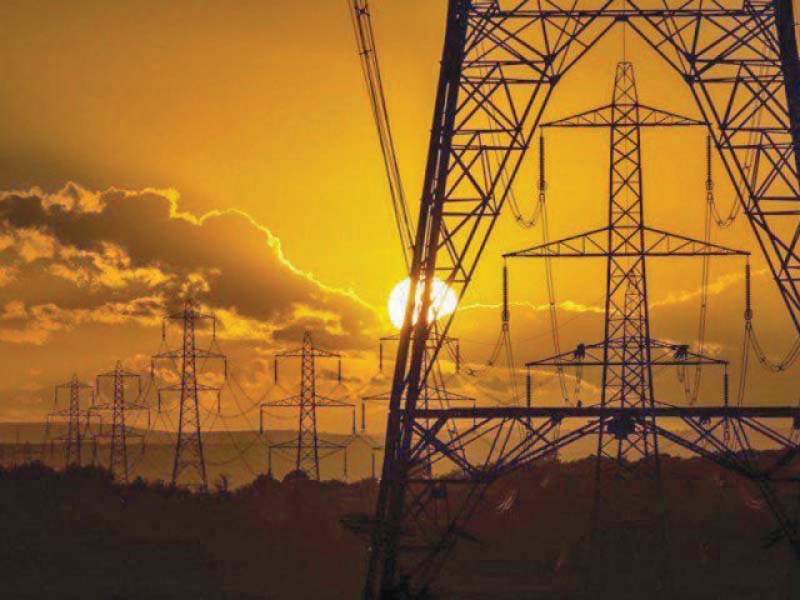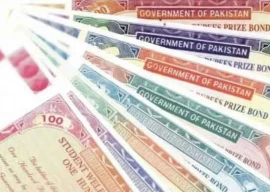
“The practice of charging higher tariffs by applying a higher exchange rate in tariff determination has continued over the past few years,” revealed an internal audit report.
The Senate Standing Committee on Power had also raised the issue of using the rupee-dollar exchange rate index in determining tariffs for the IPPs. The power secretary told the committee that even those IPPs were receiving return in dollars that had invested in local currency.
The committee also noted that profits of the IPPs had jumped up to 40% against the 17% guaranteed rate of return on investment, as reflected in their balance sheets.
An internal audit carried out by the current government of Pakistan Tehreek-e-Insaf (PTI) revealed that Nepra had been using a higher rupee-dollar exchange rate over the past several years in violation of the power purchase agreement (PPAs), which resulted in higher tariff rates for the IPPs.
“This has burdened power consumers with additional payments of billions of rupees due to the higher tariffs,” a senior government official told The Express Tribune.
In order to examine the exchange rate adjustment in light of the PPAs signed with the IPPs, energy purchase agreements (EPAs) and tariff determination by Nepra, the Central Power Purchasing Agency (CPPA) has hired Crowe Howarth, Hussain Ch and Co chartered accountants for conducting a special audit.
In the internal audit report on the exchange rate indexation mechanism, the auditors noted that Nepra used the exchange rate of National Bank of Pakistan at the end of the preceding quarter rather than the average exchange rate for the previous quarter in line with the PPAs. “This is an anomaly between Nepra’s tariff determination and the power purchase agreements signed with the IPPs,” the auditors said.
The auditors conducted a comparative analysis of the exchange rate used by Nepra and the quarterly exchange rate in line with provisions of the PPAs for 10 quarters, starting from July 2016 and ending on December 2018.
“This analysis clearly indicates that higher exchange rates were used by Nepra for quarterly indexation, which resulted in determination of higher tariffs,” the auditors said, adding the trend was likely to continue considering the current economic situation of Pakistan.
The auditors recommended that Nepra should be approached with request for a review of the tariff mechanism for indexation.
The government has directed to complete the external audit, which will be conducted by Crowe Howarth, Hussain Ch and Co chartered accountants, within two weeks, noting that the exchange rate applied by Nepra is not in line with terms of the PPAs.
Published in The Express Tribune, April 26th, 2019.
Like Business on Facebook, follow @TribuneBiz on Twitter to stay informed and join in the conversation.









1732486769-0/image-(8)1732486769-0-270x192.webp)







COMMENTS
Comments are moderated and generally will be posted if they are on-topic and not abusive.
For more information, please see our Comments FAQ